If you like to listen 🎧 to this article as a natural sounding 🔈 audio experience:
I have taken a good number of technical interviews at my current company for the past 1.5 years and have been observing the candidates and taking notes. As a result of that, I've come up with 5 key points that every candidate needs to focus on or in other words, every interviewer should look for in candidates in a technical or for that matter any sort of interview.
Now, these points hold equally true for the experienced lateral hires as well as the freshers. Do not haste. Consider it a slow burn. Go through each point one by one..taking pauses and go on a journey of introspection.
Before I put down any points, let me come forward and say that this blog post is not at all intended for you to feel sad or depressed about anything or for you to start comparing yourself with someone else.
It's your race and you are the only one running. Just outrun yourself everyday 😊 🚀
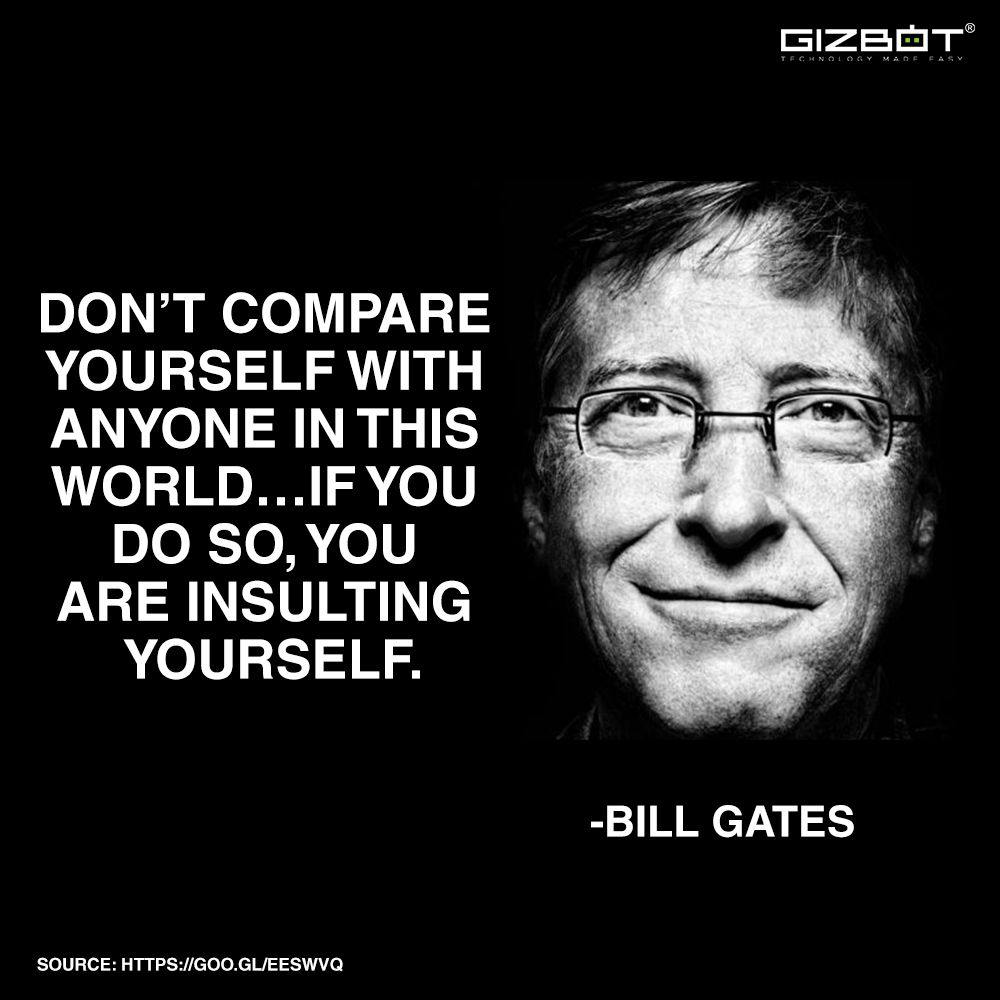
1. Technical Expertise (Passion for technology)
The entire process of a technical interview revolves around this first key point. The candidate should demonstrate technical depth while working on the problem at hand. If you are asked to explain your solution, be as thorough as possible. Now, this can be tricky. When I say "be thorough", it does not mean use more words or explain unnecessary concepts or beat around the bush. Be precise and to the point.
Many a times, especially with freshers, I have seen the lack of interest in writing code and more inclination towards explaining the algorithm or writing pseudo code. Eventually, in your day to day job, you will be coding for the most part of it, and if the interviewer feels that you are not good at that or are averting the situation where you have to write code, that's quite off-putting 😕
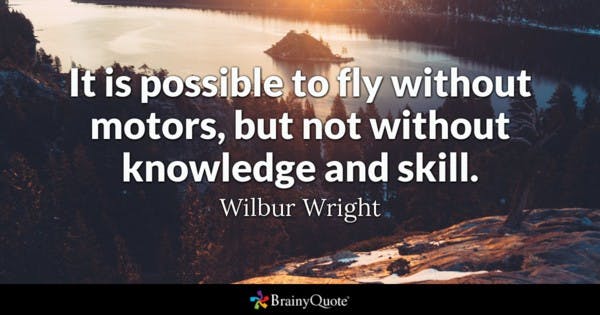
2. Analytical Thinking (Problem solving)
Suppose you are given a question (can be verbally or in a written format). The way you understand the problem, and approach it tells a lot about how good you are in terms of your analytical skills. Ask questions to the interviewer, to bring in more clarity wherever required. We all have definitely faced big (quite subjective) problems at some junctures in our lives. Try to recall what we did there. First we tried to synthesize the problem at hand, what exactly the problem is and then essentially, tried to break it down into smaller problems and then finding solutions to each of them one by one. This is the classic art of Problem Solving.
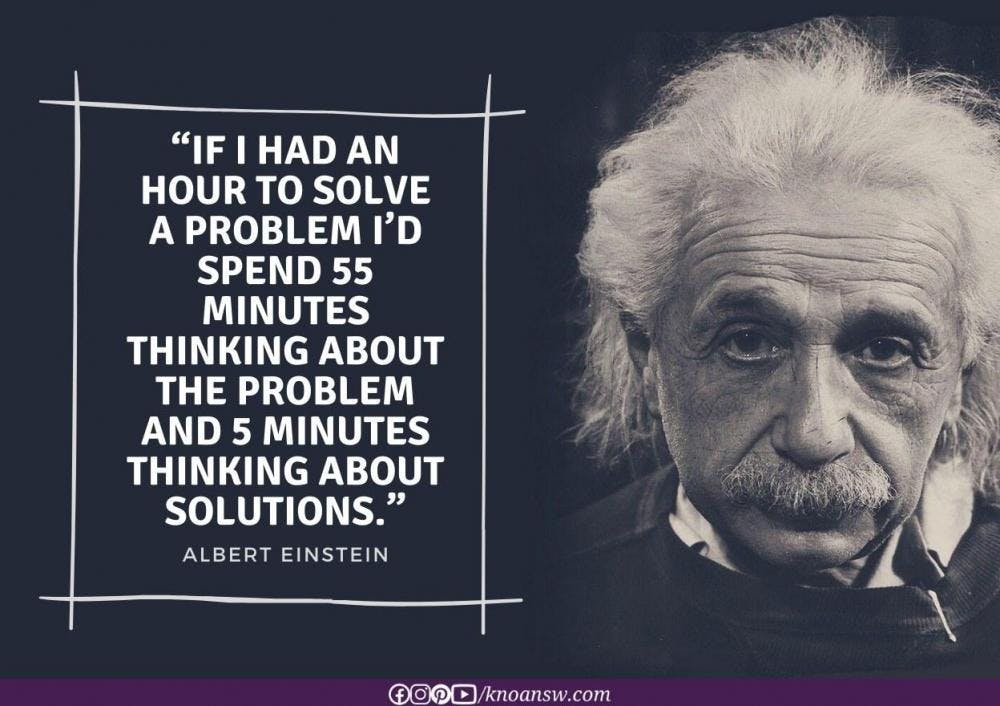
3. Learning and Growth mindset
The candidate should be willing as well as able to demonstrate continuous learning and not be mired down by a complex problem that is thrown at her/him. The major part of solving problems and demonstrating a learning mindset is to ask right set of questions to the interviewer. This also includes adaptability to a new technology and curiosity to learn more.
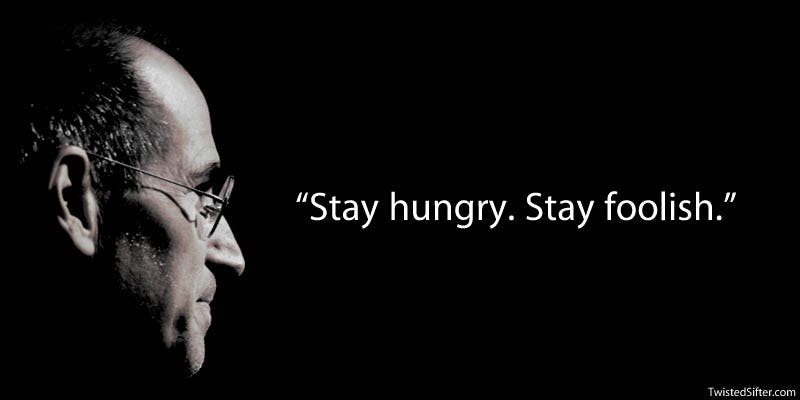 Suppose you have worked with a particular framework/library, the interviewer can throw in a question from some other contemporary library and ask you to solve the problem. Being in such a situation, the worst thing for you to do is to go into a state of mental denial which indicates that you are not able to adapt to a technology that you are unaware of which is quite contrary to we as engineers have to do in real lives.
Grab any opportunity that comes your way to learn and improve whilst you are in the interview.
Suppose you have worked with a particular framework/library, the interviewer can throw in a question from some other contemporary library and ask you to solve the problem. Being in such a situation, the worst thing for you to do is to go into a state of mental denial which indicates that you are not able to adapt to a technology that you are unaware of which is quite contrary to we as engineers have to do in real lives.
Grab any opportunity that comes your way to learn and improve whilst you are in the interview.
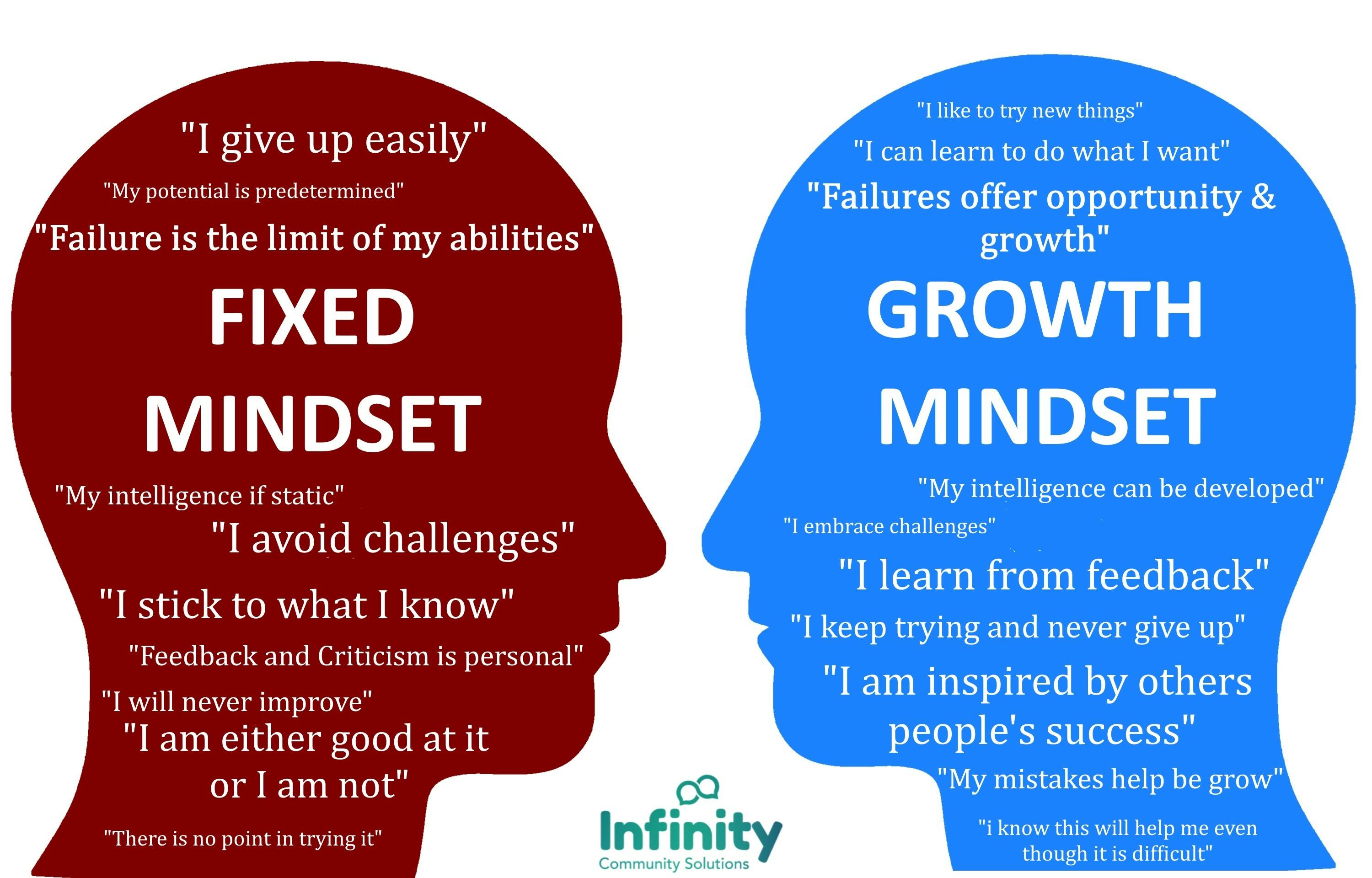
4. Communication Skills
Know this -
Being able to explain a concept to the interviewer carries equal weightage with respect to you knowing the concept.
If you know the concept in and out, but you are unable to explain it, your knowledge is good for nothing (at least to the interviewer). Again, think of working in a diverse environment where you are asked to explain your approach or some idea that you envisaged to the leadership body. Communication plays a very vital part in making you successful both in your personal and professional lives. This aspect is however very much underrated and not at all worked upon in engineering colleges. My advice is to conduct mock interviews amongst your peer groups and try to explain the concept you learnt to a friend of yours or even to yourself by speaking it out. If you are able to do it confidently, bingo, or else try it again. Good communication skills not only help you communicate well with others but also help you achieve more clarity of the problem in your head.
Practice makes a human perfect.
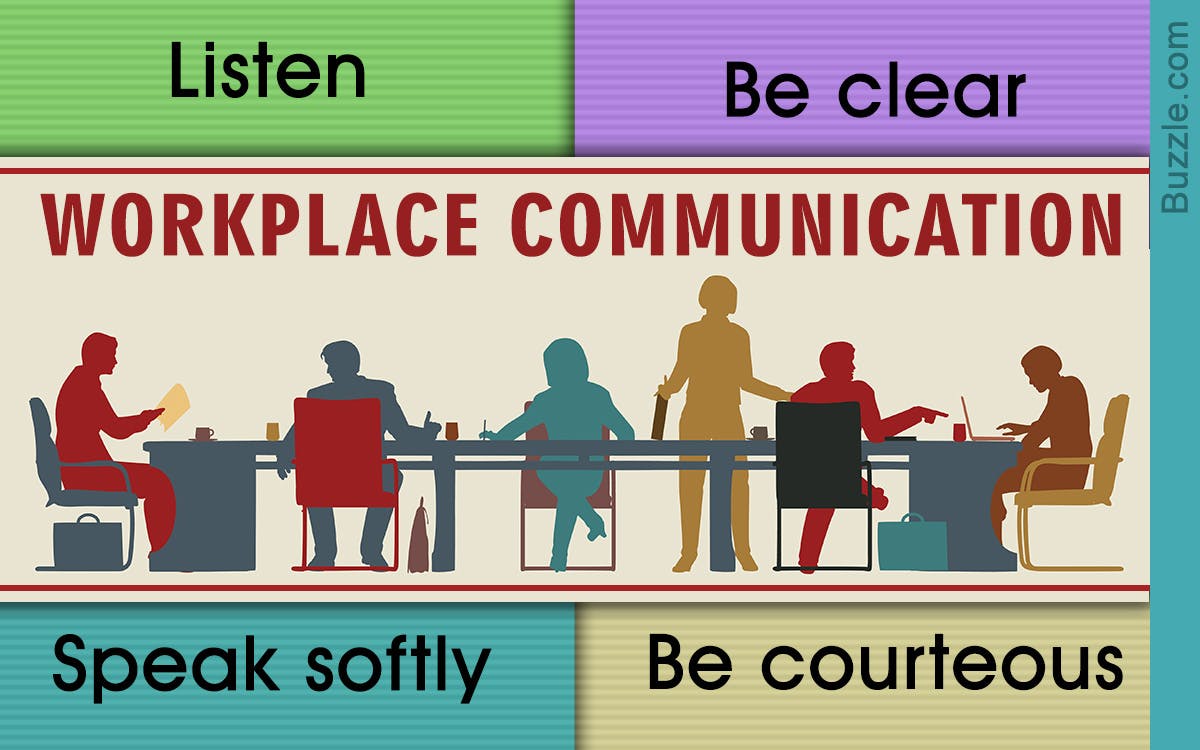
5. Collaborative Skills (Team Player)
Everyone reading this, at some point in their life, must have bragged about how excellent a team player they are. At least you have heard someone saying this, 100%. But what is it about being a team player that impresses interviewers so much? No success can be achieved by working alone. Wherever you are today, it has been possible because of so many people collaborating together for years to make that happen. Similarly, in a corporate setup, you have to work with a team and find solutions together and contribute to it in tandem. Now, how can you demonstrate that you have collaborative skills. It's by showing a project that you worked on with your peers, a hackathon or some competition you entered as a team and shown your talent there. These are certain examples which portray you as a team player.

I hope that you all learnt something from this writeup and consumed it the way it is meant to be (a slow burn). Let it sink in.
If you liked what you read 🧑🏫 and got to learn new things, do hit like 👍 and subscribe 🔖to my newsletter. And don't forget to follow 🚀 me on
Hashnode - Rajat Jain
Twitter - @rajat_codes
Instagram - @javascript_to_the_rescue
LinkedIn - Rajat Jain

